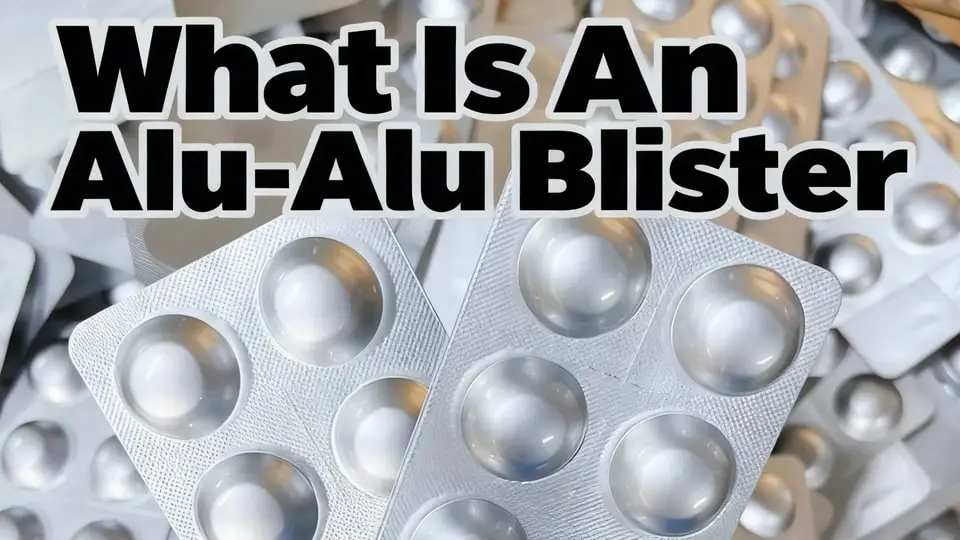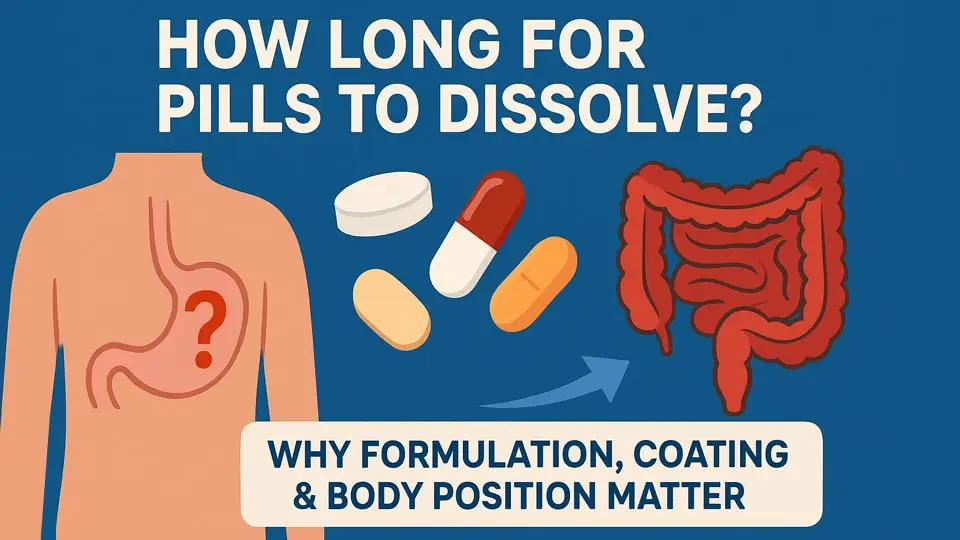
Stick Pack vs Sachê: O guia definitivo para as principais diferenças
Descubra as principais diferenças entre embalagem stick e embalagem sachê. Aprenda sobre seu design, produção
Escolhendo o direito pharmaceutical machinery is key for any drug manufacturer aiming to boost efficiency and quality. Por exemplo, industrial Máquinas de preenchimento de cápsulas automate the process of filling empty capsules with active ingredients, enabling large-scale production and high speed. Similarly, máquinas de prensagem de comprimidos (pill presses) compress mixed powders into tablets and can produce hundreds of thousands of tablets per hour. These machines transform what used to be manual tasks into automated, error-proof steps. Downstream, pharmaceutical packaging machines like blister packers e bottle fillers quickly package and seal products under sanitary conditions. Neste guia, we’ll break down the essential types of equipment your business needs—from powder mixers to smart packaging lines—to streamline your production and meet strict quality standards.
Solid-dose drugs (comprimidos e cápsulas) require a series of specialized machines. Key equipment includes:




Each of the above machines is designed to comply with GMP guidelines (Good Manufacturing Practice). Por exemplo, equipment surfaces that contact the drug must be inert and easy to clean. Many modern machines include clean-in-place (CIP) and sterilize-in-place (SIP) features so entire lines can be sanitized without disassembly. This hygienic design is critical when processing solid dosage forms containing potent drugs or allergens.
For liquid pharmaceuticals and injectables, different machines are needed:
Whether dealing with a delicate biologic or an over-the-counter liquid, modern filling lines use sensors and controls to ensure accuracy. Many systems include in-line inspection cameras or weight checks to verify each container, further minimizing waste and ensuring quality.
Once products (comprimidos, cápsulas, ou líquidos) are made, packaging machines prepare them for market:
Each of these packaging machines is considered a type of drug packaging machine. By automating packaging, companies see fewer batch rejects and less waste because machines handle products precisely. In fact, studies show that reducing manual hand-offs decreases contamination risk and improves yield in embalagens farmacêuticas. Geral, a modern packaging line safeguards product integrity and speeds up delivery.
Today’s pharmaceutical equipment often includes advanced technologies that increase efficiency and quality:
By integrating these technologies, pharmaceutical equipment not only speeds up production but also builds quality into each step. Automated data logging also creates a digital trail, so you can prove compliance with GMP and easily analyze any issues that arise. Resumidamente, smart machines make your plant faster and more reliable.
All pharmaceutical machinery must meet strict regulations and quality standards. According to the FDA’s CGMP guidelines, equipment must be designed for its intended use and built with materials that do not contaminate the product. This means choosing machines with smooth, cleanable surfaces (usually stainless steel) and validating that they operate correctly. The regulations explicitly forbid materials that could “alter the safety, identity, força, qualidade, or purity of the drug product beyond…requirements”.
Modern machinery manufacturers prioritize these rules. Por exemplo, many machines feature clean-in-place (CIP) and sterilize-in-place (SIP) systems so that equipment can be sanitized without disassembly. They also follow standards like ISO 13485 for medical devices and CFR 21 Papel 11 for electronic records. Automated record-keeping (E.G.. electronic batch logs, digital printouts) is standard, aiding FDA or EMA inspections. Automated serialization and traceability ensure every dose can be tracked through the supply chain. By using certified pharmaceutical packaging machines and production equipment, companies demonstrate compliance and protect patient safety.
Na prática, this means when selecting equipment you should ensure vendors provide documentation of material certificates and validation protocols. Muitos pharmaceutical equipment manufacturers (and vendors) can supply the necessary IQ/OQ/PQ documents and validation support. Lembrar: the most advanced machines only pay off if they are installed, operated, and cleaned according to these regulatory standards.
Investing in the right pharmaceutical machinery is fundamental to any drug manufacturer’s success. Each type of machine—from blenders and tablet presses to coating machines and automated packaging lines—serves a critical role in turning raw materials into finished medicine. As one industry overview notes, “pharmaceutical machinery is the backbone of drug manufacturing, ensuring safety, eficiência, and scalability”. By equipping your facility with these essential machines (and leveraging modern automation), you can boost production output, reduzir erros, and maintain the high quality that regulators demand. In today’s competitive market, having the right pharma equipment not only improves your bottom line but also helps bring safer, more reliable medicines to patients.
Pharmaceutical machinery refers to the specialized equipment used in the manufacturing of medicines, including devices for mixing, tableting, revestimento, recheio de cápsula, e embalagem. These machines help ensure consistent, eficiente, and high-quality drug production.
Uma máquina de prensa de tablets (or pill tablet press) compresses granulated powder into uniform tablets. It’s essential for producing consistent dosage forms at scale while maintaining control over tablet weight, dureza, and other critical quality attributes.
There are various capsule filling machines, including manual, semiautomático, and fully automatic versions. They handle different capsule sizes (Por exemplo, #00 para #5) and materials like gelatin or HPMC. They can also fill powders, pelotas, or even liquids.
A tablet coating machine applies a uniform film on tablets for multiple purposes — mask taste, protect from moisture, or control drug release. Common types include pan coaters and fluid-bed coaters.
When picking a pharma packaging machine, considerar:
• Your product format (comprimidos, cápsulas, líquidos)
• Speed and output needs
• Serialization and labeling capabilities
• Compliance with GMP and cleanability
• Integration with counting, limite, and inspection systems
Sim. You can have liquid filling lines that handle bottles (for syrups, suspensões) and aseptic filling lines for vials or ampoules. These lines include washing, sterilizing, enchimento, limite, and inspection.
Smart pharma equipment with IoT, robotics, and AI allows real-time monitoring, predictive maintenance, and automatic quality inspection. This reduces downtime, lowers waste, and ensures consistent product quality.
They must be. Reliable pharmaceutical machinery is designed for GMP compliance — with materials like stainless steel, CIP/SIP cleaning, and documented validation (IQ/OQ/PQ) to meet FDA or EMA regulations.
Granulation turns powder into granules, improving flowability and blend uniformity. Quality granulation is critical for consistent compression in tablet presses.
Look for manufacturers that:
• Provide validation documents (IQ/OQ/PQ)
• Support GMP / ISO standards
• Offer good after-sales service and spare parts
• Can scale equipment with your production needs
• Demonstrate real-world installations in pharma lines
Referências:
1.Pharmaceutical Machinery Market: Trend Analysis to 2032 — WiseGuyReports
2.Questions & Answers on Current Good Manufacturing Practice Requirements (Equipment)— FDA Q&A – Equipment & Cgmp
3.IoT-enabled Stability Chamber for the Pharmaceutical Industry — arXiv
4.Cleaning Validation and Verification of Equipment Used for API Manufacturing — Gmpsop.com

Descubra as principais diferenças entre embalagem stick e embalagem sachê. Aprenda sobre seu design, produção

Saiba o que é embalagem blister Alu-Alu, como é feito, e por que fornece umidade incomparável

Saiba como formulação de comprimidos, revestimento e até mesmo a postura corporal podem afetar drasticamente o tempo de

Descubra como escolher a melhor máquina contadora de comprimidos em 2025. Cobrimos os principais recursos,
Cada produto e fábrica tem seus próprios desafios e situações de embalagem. Estamos aqui para ajudar com máquinas de qualidade garantida, soluções personalizadas, e os serviços mais descomplicados.
Links amigáveis: Embalagem rica | Fabricantes de máquinas de enchimento de cápsulas